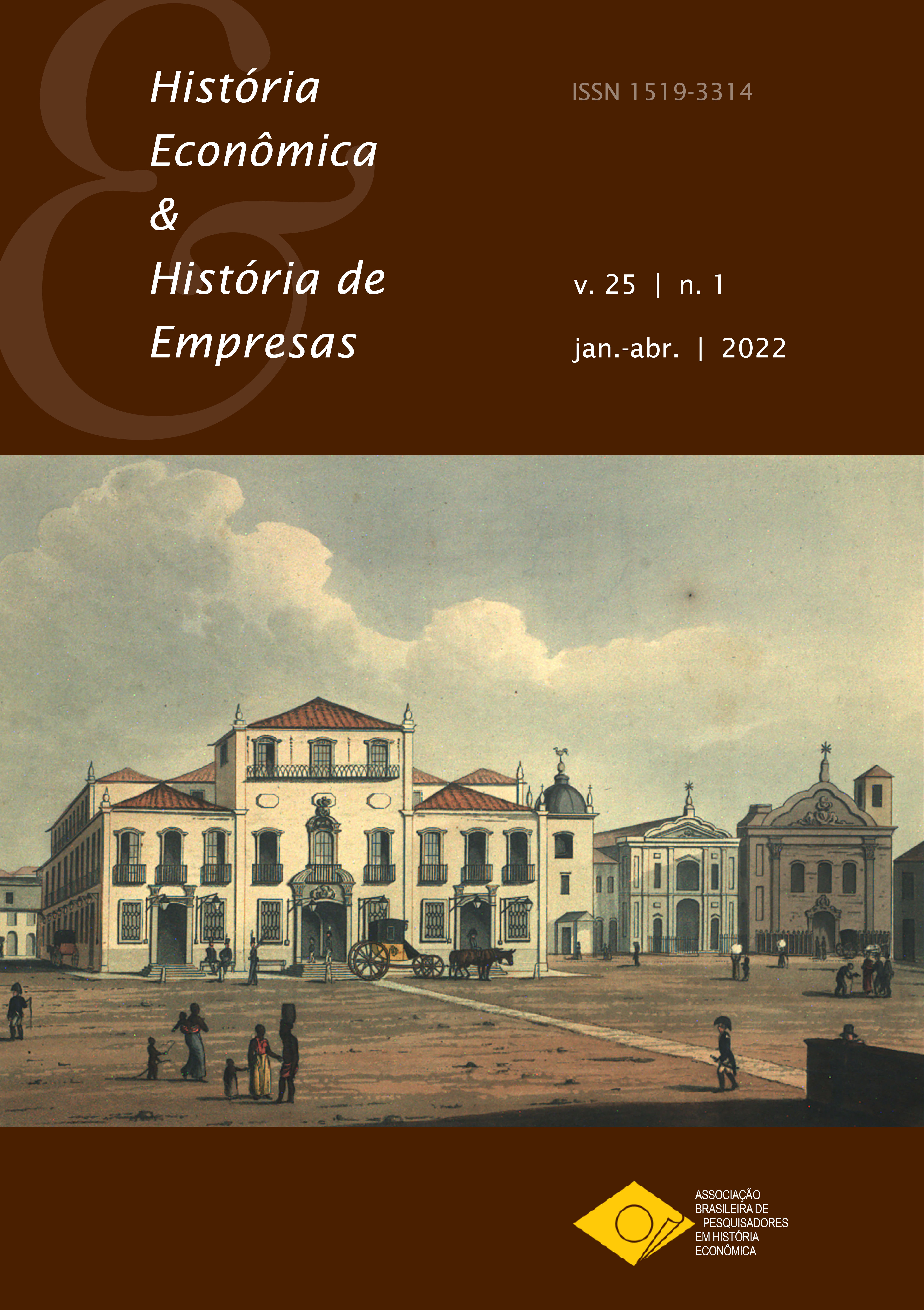Como Tiro e Cartago: portos livres/Portos francos e a economia política do Império português numa perspectiva global (1808-1824)
DOI:
https://doi.org/10.29182/hehe.v25i1.877Resumen
A declaração de portos livres de 1808 foi um divisor de águas na história da economia política do Império português. Permitir aos comerciantes estrangeiros o comércio nos portos brasileiros alterou radicalmente as políticas utilizadas durante séculos. Este artigo visa reavaliar a concepção e a promulgação das políticas comerciais portuguesas no contexto da turbulência internacional que levou ao desmoronamento dos impérios ibéricos no mundo atlântico. O documento estuda a ideia de portos francos, uma instituição de longa duração que supostamente surgiu no século XVI e que atingiu uma implementação mundial nos séculos vindouros. O artigo tem como focos as tentativas feitas em Lisboa para criar um porto franco na década de 1780. Uma ideia fracassada que voltou a ser tendência mais uma vez na década de 1820 quando os estudiosos lançaram a proposta de porto franco como a solução para a reorganização do comércio imperial. Os portos brasileiros e Lisboa poderiam imitar Tiro e Cartago e a antiga capital imperial se tornar, assim, uma feira global.
Descargas
Descargas
Publicado
Cómo citar
Número
Sección
Licencia
Os autores mantêm os direitos autorais sobre o trabalho, concedendo à revista apenas o direito de sua primeira publicação. Além disso, têm autorização para assumir contratos adicionais separadamente para a versão do trabalho publicada nesta revista, desde que reconhecida a publicação inicial neste periódico.





